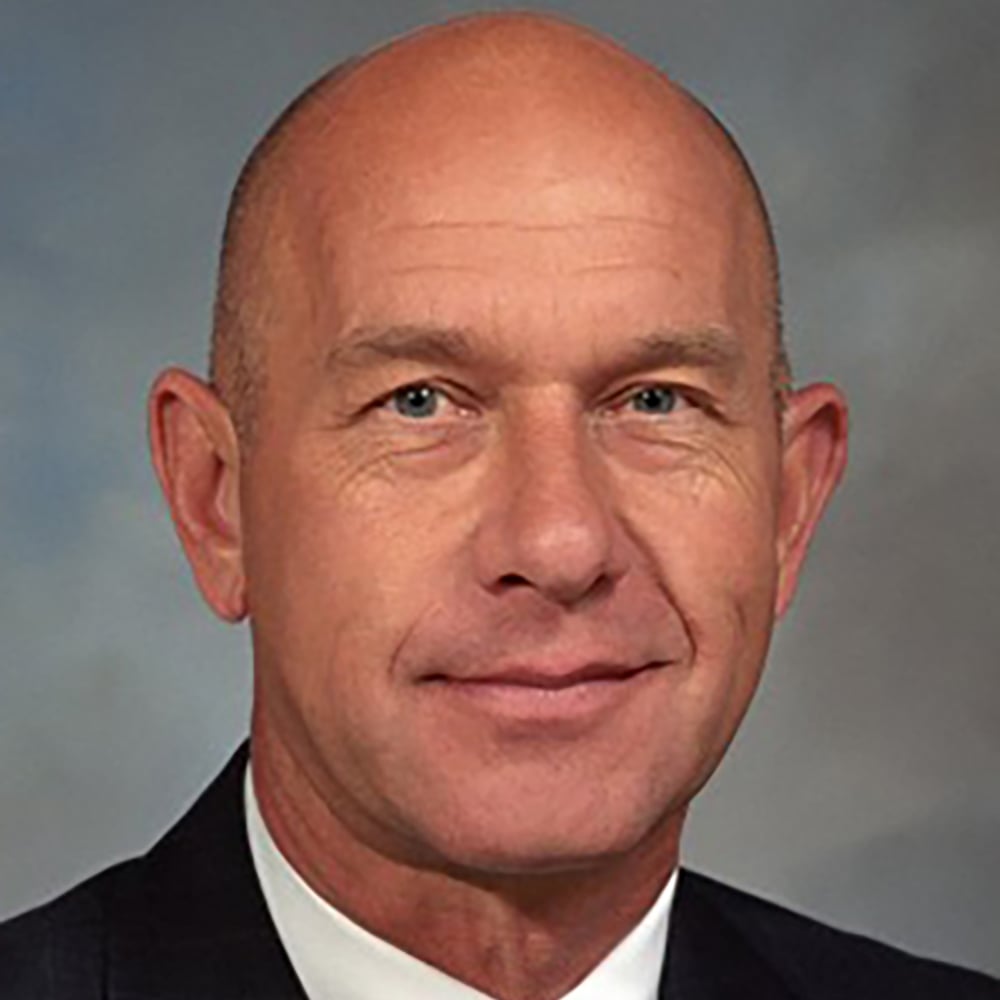The candidates looking to replace Mayor-elect John Whitmire in the Texas Senate may have to win as many as five elections next year before they ever get to vote on a piece of legislation.
Whitmire, who won in a landslide over U.S. Rep. Sheila Jackson Lee in Houston’s mayoral runoff, will resign his seat in the Legislature before he is inaugurated in early January. He has held the District 15 seat in the state Senate since 1983, making him the chamber’s longest serving member.
His current term in the Senate lasts through 2024, and Gov. Greg Abbott will have to call a special election to fill the seat for that year – even though the Legislature does not have a scheduled session. Harris County Clerk Teneshia Hudspeth said the special election for the current term likely will be held in January.
An election was already scheduled in his district in 2024, so candidates also will have to compete in the March primary election and the November general election for a full, four-year term beginning in 2025. Candidates only have until Monday to file for office on the March primary ballot.
This means candidates could face a special election early next year to complete the rest of Whitmire’s current term, a runoff in that race if no candidate gets a majority of the vote in the first round, a March primary election for the next term, a potential runoff in the primary and finally the November general election.
Several candidates have already filed to run, including Democrats Molly Cook, an emergency room nurse and community activist who ran a spirited primary challenge against Whitmire in 2022; state Rep. Jarvis Johnson, who has served in the Texas House since 2016; Karthik Soora, a renewable energy developer and former teacher; and Todd Litton, a former congressional candidate.
We’ve discussed all this before. I will assume that all four of the candidates who have filed for the Democratic nomination will also file for the special election. The eventual winner, if they also win the nomination and then the November election, likely won’t do much beyond run for office multiple times this year, but they will get a leg up on their colleagues in the seniority department, which isn’t nothing. I’d imagine a Republican will enter, and maybe a fringe type or two, but the dynamic ought to be more or less the same as the primary.
Where it gets tricky is if the results of the special election and the primary election diverge. The special election is only for the term that ends next December 31; if that winner doesn’t also prevail in March and November, their career will be quite short. We faced a similar situation in HD147 last year, and as the story notes back in 2015 in HD139. That’s a good segue to note that if Rep. Jarvis Johnson is the special election winner, there will then need to be a special election in HD139. That would happen after the primary, though perhaps not after the primary runoff if there is one. Isn’t this fun? The bottom line is this: There will be a lot of elections this year. Be ready for it.


With a January election, not much time to apply for a mail-in ballot.